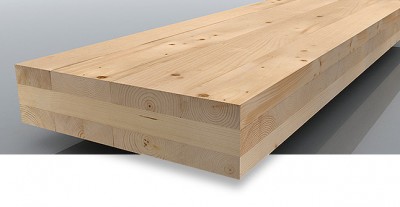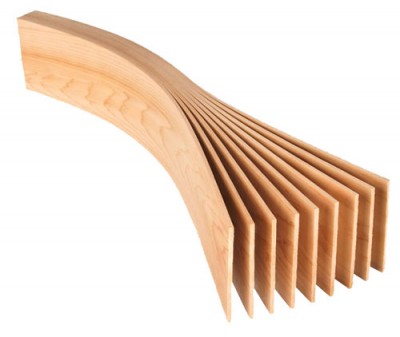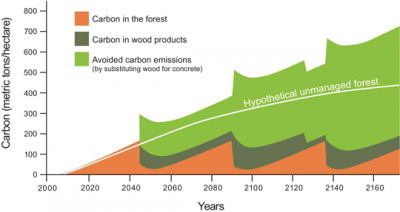Last month, we set up a booth at K-Days to represent Alberta’s forest industry. There are lots of different fields within forestry—wildlife, research, forest management, harvesting—but we focused on building with wood at this display. And how did we do that? We built with wood… blocks.
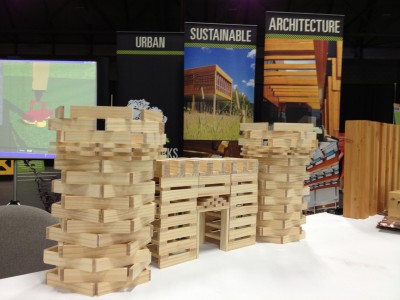
It was really fun seeing all the structures we could make with blocks.
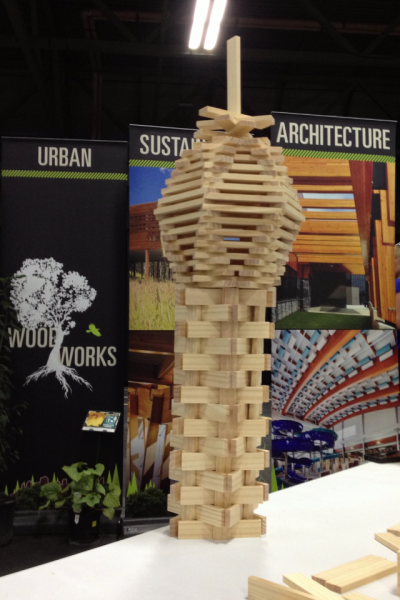
But it wasn’t just about playing with blocks. We wanted people to get thinking about building with wood. Wood is a beautiful material with a lot of qualities that make it great for building. Here are some of those qualities:
Wood is Strong. Wood alone can only bear so much weight, but there are laminated timber products that are designed to sustain loads comparable to that of concrete and steel. And they are usually lighter in weight and faster to build than concrete and steel, making it the building material of choice for many builders. Production of these engineered wood products usually requires less than half the energy that materials like concrete and steel require, leaving a much smaller environmental footprint. Below is one kind of laminated timber used in the construction of buildings, called Cross Laminated Timber (CLT). The cross-alignment of the wood makes it much stronger than timber alone.
Wood is flexible. Natural disasters, like earthquakes and tornadoes, can crumble buildings. But unlike rigid materials, such as concrete, wood’s flexibility allows it some room to move before it will fail.
In the World’s Largest Earthquake Test, a seven-story wood-framed condominium building survived a 7.5 magnitude earthquake simulation with minimal damage. When designed right, wood provides excellent structural benefits to buildings.
Wood is fire resistant. Wood takes a long time to burn. That’s why we use it as fuel for our campfires; because it burns so slowly! When wooden buildings catch on fire, the fire will typically char the wood, creating insulation that stops the fire from burning. In a fire, steel will usually fail long before wood. An example is the Government Centre in the 2011 Slave Lake Fire. Looking at before and after photographs of the building, you can see that the steel was destroyed while the wood stayed intact.
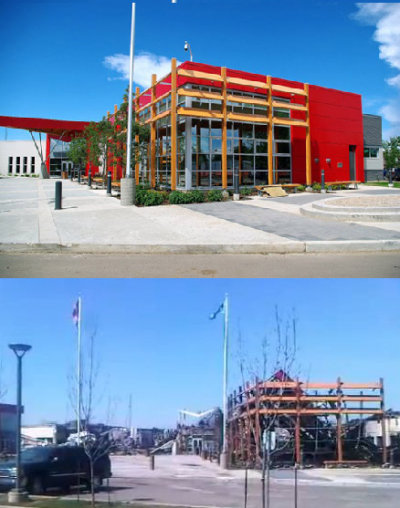
Wood is a sustainable natural resource. It grows back over and over again. And as long as we manage it responsibly, we will always have enough forest for wildlife, recreation, and wood and paper products. In Alberta, it takes an average of 80-100 years for a tree to become mature enough to harvest (this depends on lots of factors such as tree species and access to nutrients). So, to keep our forests sustainable, less than 1% of the trees in Alberta are harvested each year. If you do the math you can see that this system allows 100 years for trees to regenerate and mature. Click here for more information on forest management in Alberta.
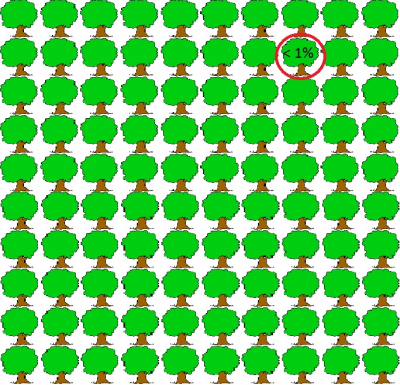
Wood stores carbon dioxide, even after being harvested. We all know that trees produce oxygen (great for us!) and absorb carbon dioxide, but what many people don’t know is that the carbon stays in the wood until it is burned. And since most buildings aren’t built for the purpose of burning them down, that’s a whole lot of carbon storage!
Also, young trees grow more than old trees (kind of like humans). Trees use photosynthesis to produce their food (glucose). As a result, younger trees produce more oxygen and absorb more carbon dioxide than older trees. So it is important that we don’t let all our forests get old without making space for new trees to grow. When we harvest trees, it gives us forest products, while making space for new trees to start the life cycle over.
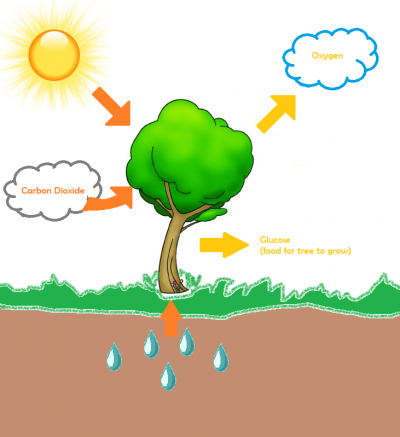
Michael Green is an award winning architect in Vancouver, and he is dedicated to finding ways to build without harming the environment. In this TED Talk, Green describes the many benefits, both to people and to the environment, of building with wood. It’s worth a watch!
Why we Should Build Wooden Skyscrapers
So whether you are building skyscrapers or building with blocks, wood is a strong, environmentally responsible, and visually pleasing choice of material.
